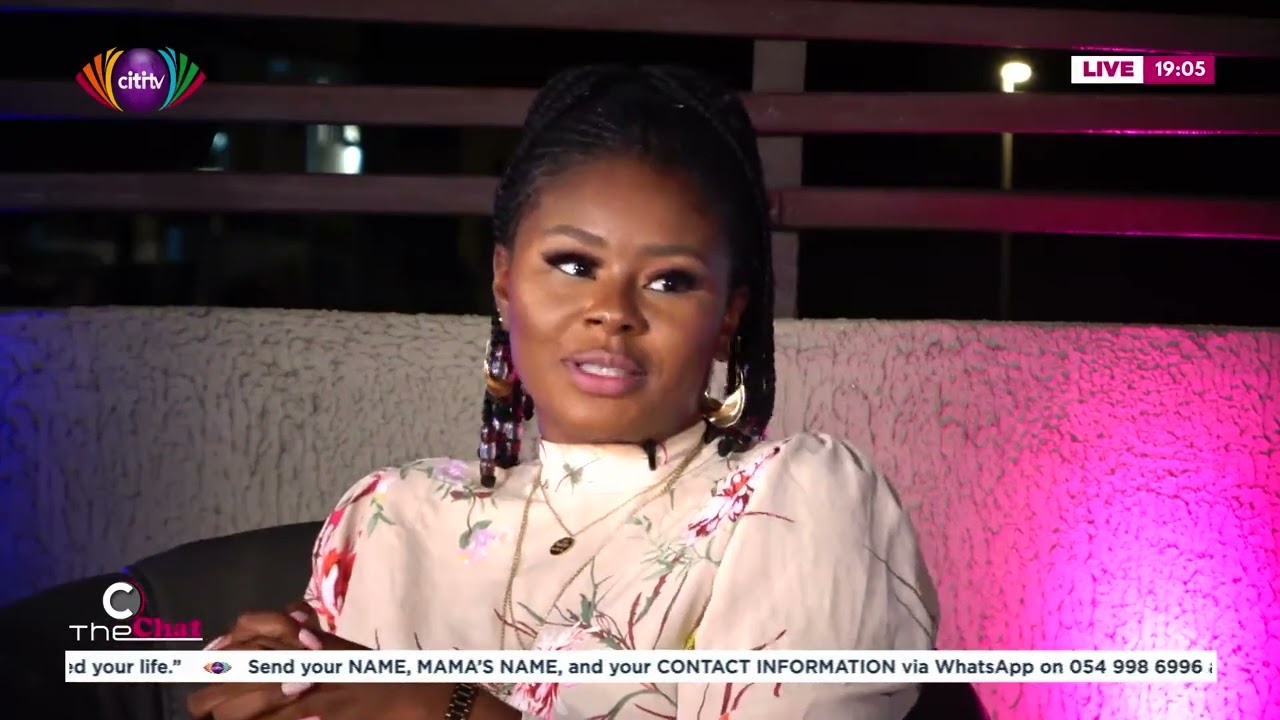Music on it's own, is a potential powerful tool that has unite and made Africa archieve international recognition over the past years, rallying points to propagate the ideals of pan-Africanism on the continent. Regardless of the local politics around influence, dominance and nomenclature of these music genres, Afrobeats’ phenomenal rise to global popularity has been a source of inspiration to other genre artists in Africa. Even so, Afrobeats’ ascent did not happen out of the blues, it required deliberate interventions.
The Chat with CitiTV | Is Afrobeats a threat to other African music genre ?
In the early 2000s when Afrobeats was still in its infancy, American hip-hop ruled the Nigerian radio waves. Superstars like Jay-Z, Beyonce, Kanye West and 50 Cent regularly held massive concerts in Nigerian cities. Local musicians were assembled into a roster of opening acts for these shows. American rapper 50 Cent headlined the 2004 edition of the four-city concert Star Mega Jam in Nigeria. At that time, the Nigeria Rapper -- Eedris Abdulkareem, who broke out of the popular boy band Remedies, protested against the preferred treatment given to 50 Cent and his crew: while they had been flown into the country on first-class tickets aboard a plane reserved for them, only for him as getting less treatment as an local indiginous rapper.
However, one music genre that seems to be standing the test of time is Afrobeats. Over the years, following the records set by talented Nigerian artist like Wizkid, Burna Boy, Davido, Kiss Daniel, Omah Lay, Ckay, Oxlade and many more, including Ghanaian talents like, Stonebwoy, Shatta Wale, King Promise, CAMIDOH, Kwame Eugene, KiDi, Darkovibez and many other. Afrobeats rise growth is super-amazing and these kinds of exchanges reflect tension and rivalry in the Ghana/Nigeria music industries, which dates back from the golden age of high life in the 1960s to 2017 when Mr Eazi, a Nigerian musician, professed that the sound of Nigerian Afrobeats was influenced by Ghanaian music. He came under fire from his countrymen on social media. It is worthy to note that Afrobeat legend Fela Anikulapo-Kuti, now deceased, expressed similar sentiments in the 60s.
These troubling reports from different African countries strongly suggest that regional grassroots music industries believe they are unevenly matched to compete with the more popular music genres. Today, disgruntled local musicians express their displeasure through channels available to them: from social media outbursts to petitions written via their local unions, and even physical protests. All these three genres of African pop music come from some of the biggest music producing countries in Africa.
Chief among their complaints on social media is the insularity of Nigeria’s listeners and the lack of support of other African artists from their Nigerian counterparts. This is in stark contrast to the period when Nigerians embraced music from across the continent, such as the brass band styled highlife ET
Mensah in the 1960s and the new wave of Awilo Logomba’s soukous in the early 2000s.
DJ Tarico, Focalistic and Amarae from Mozambique, South Africa and Ghana, respectively, also had their music enjoy heavy rotation in the Nigerian music scene last year. The contemporary music scene in Kenya is dominated by West African Afrobeats, Tanzania’s Bongo Flava and South Africa’s
Amapiano, while older listeners continue to enjoy the ageless Congolese Rhumba and American hip-hop.
SUBCRIBE NOW! If you find this article useful and informative, please subscribe, like, share and follow us on all social media. Drop your comments and discussions...

